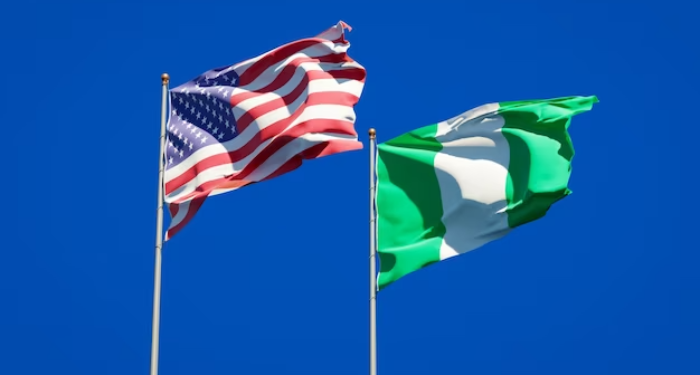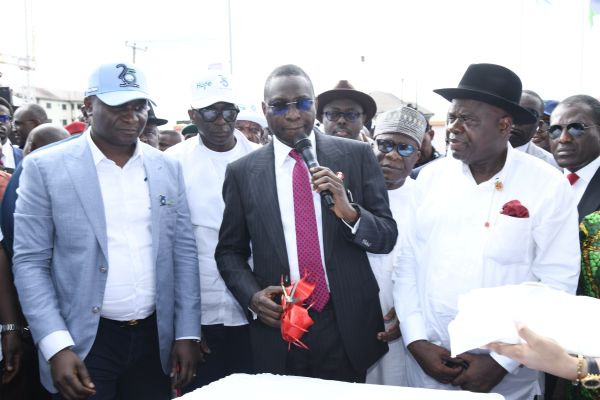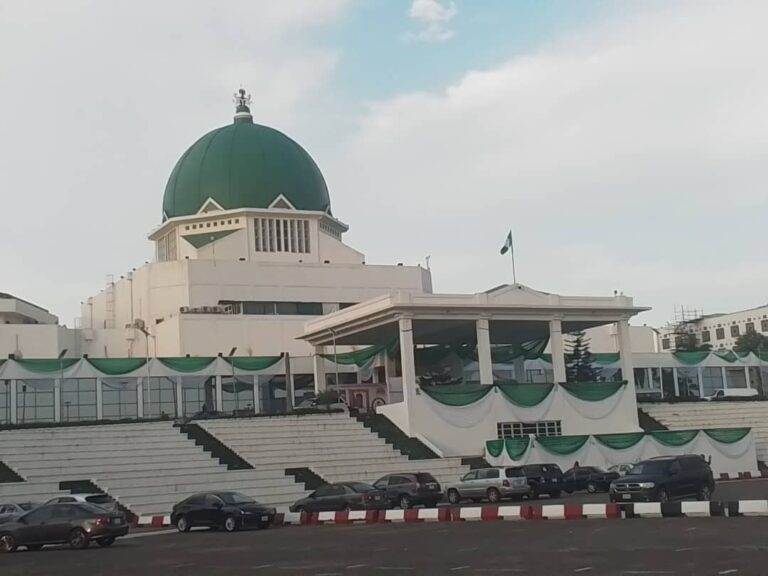The Chief Judge of the Federal High Court of Nigeria, Justice John Tsoho, on Wednesday signed a Memorandum of Understanding (MOU) with the United States Department of State’s Bureau of International Narcotics and Law Enforcement Affairs (INL), alongside its implementing partner, the National Center for State Courts (NCSC). The agreement is aimed at strengthening Nigeria’s justice system in handling terrorism financing and related cases.
The MOU, signed at the Federal High Court headquarters in Abuja, marks the formal launch of the U.S.-funded program designed to enhance Nigeria’s capacity to investigate, prosecute, defend, and adjudicate cases involving terrorism, terrorism financing, war crimes, atrocity crimes, and crimes against humanity.
Program Objectives and Scope
The initiative will provide specialized training, technical support, stakeholder engagement, and courtroom observation to justice sector actors in Nigeria. It aims to improve case management, courtroom procedures, and inter-agency coordination—ensuring compliance with the rule of law and international best practices.
According to NCSC Nigeria, the program is tailored to equip the judiciary with the tools and expertise needed to navigate the complexities of high-profile and sensitive cases, especially those relating to terrorism financing and organized atrocities.
Remarks from Judiciary and U.S. Officials
Delivering remarks on behalf of the Chief Justice of Nigeria, Justice Kudirat Motonmori Olatokunbo Kekere-Ekun, Supreme Court Justice Mohammed Lawal Garba noted that the initiative will significantly enhance Nigeria’s justice delivery system.
“This program offers renewed energy and targeted focus on combating terrorism financing and atrocity crimes,” Garba said. “Through workshops, collaborative dialogue, and court observations, the initiative will boost transparency, efficiency, and capacity in our courts.”
He commended the longstanding relationship between the NCSC and the Nigerian judiciary, citing past successes in developing custom case management systems, court automation, and digital transformation.
Justice Tsoho expressed appreciation for the sustained international support, particularly from the U.S., in bolstering Nigeria’s judicial sector.
“This collaboration highlights the global nature of terrorism and the need for cross-border cooperation to effectively address it,” he said.
Candace Spradley, Director of INL at the U.S. Embassy in Abuja, described the program as a commitment to justice, accountability, and global security.
“By supporting terrorism and atrocity-related prosecutions, we are not only helping to strengthen Nigeria’s justice sector but also building a safer, more resilient global community,” Spradley said.
Background: Nigeria on FATF Grey List
This development follows the decision by the Financial Action Task Force (FATF) to place Nigeria and South Africa on its grey list in February 2024 due to concerns over money laundering and terrorism financing.
Countries on the grey list face enhanced monitoring and must implement reforms to address strategic deficiencies. Nigeria’s placement reflects a commitment to improving its anti-money laundering and counter-terrorism financing frameworks.
The Nigerian Financial Intelligence Unit (NFIU) announced earlier this year that Nigeria had submitted and received approval for its fourth progress report under FATF monitoring.
Conclusion
The MOU signifies a major step in Nigeria’s judicial reform efforts and its determination to meet global standards in the fight against terrorism and financial crimes. Stakeholders hope that the collaboration will drive lasting improvements in the handling of complex and sensitive national security cases.





